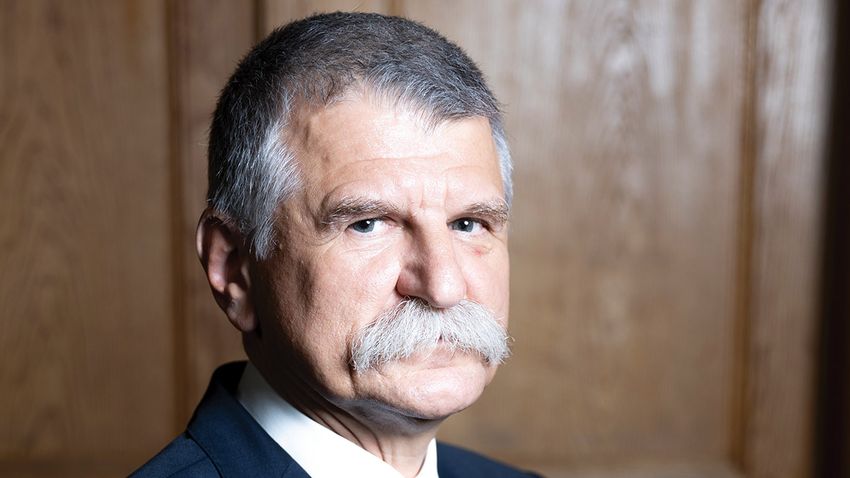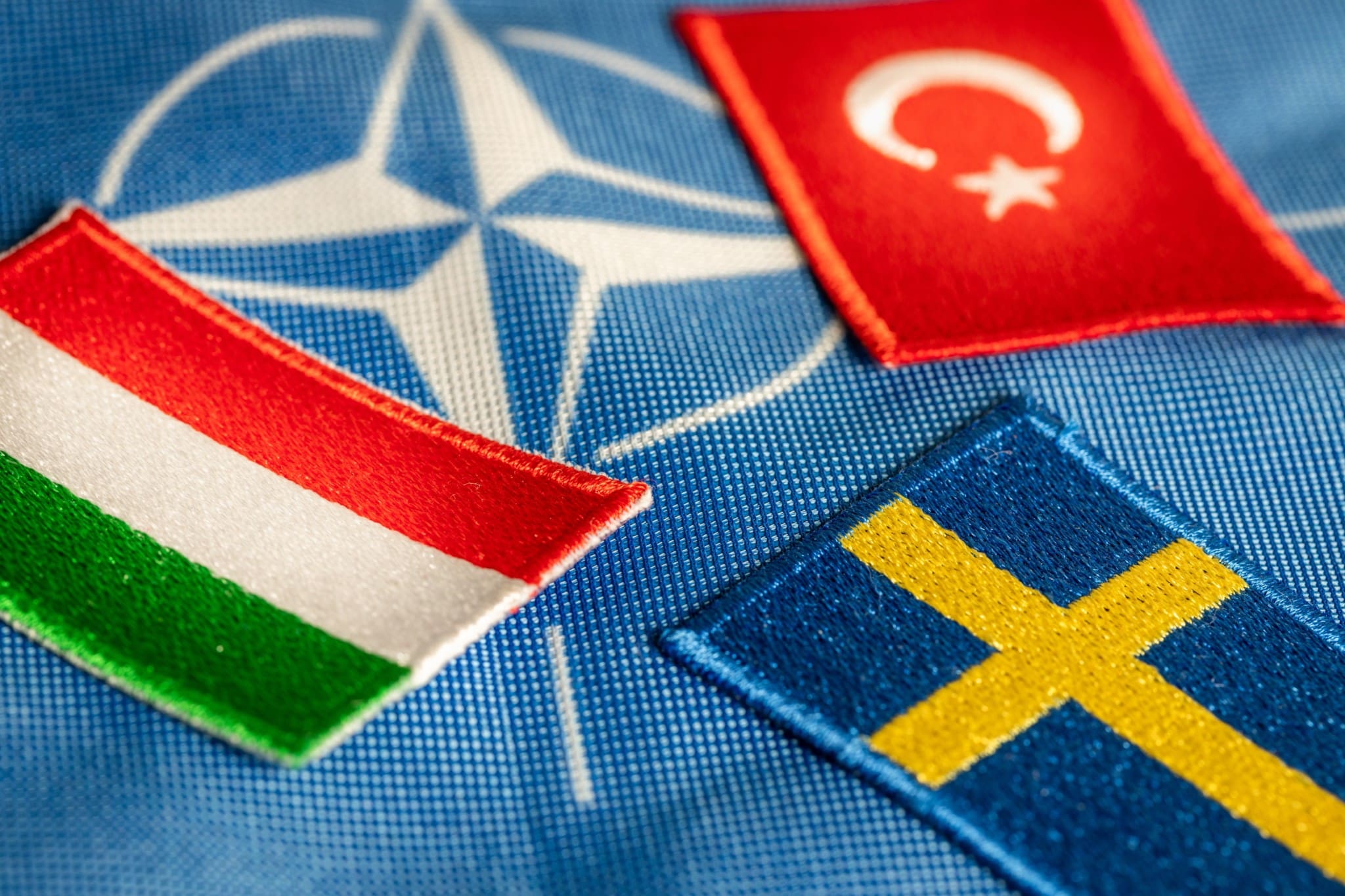Sweden’s NATO membership is supposed to be imminent, but there are now signs that Hungary is balking at the possibility of Sweden in NATO, with the Hungarian speaker of the house, László Kövér, stating in an interview that his Fidesz party has a number of security concerns about Sweden and even Finland’s membership.
Kövér said that contrary to claims of the mainstream liberal media, Hungary is not waiting for Turkey in order to ratify Sweden’s NATO membership, and this will be a sovereign decision of the country.
“Fidesz-KDNP is a living political community, so its members may have different opinions. And many of us in the parliamentary group think it would be worth waiting for a decision. After all, a new member would be joining the military alliance with which we would need to have a fundamental relationship of trust if we are to entrust our defense to each other,” Kövér said during an interview with Mandiner while kicking off the autumn parliamentary season.

If Hungary steps back from approving Sweden’s membership, it could mark a major blow to Sweden’s NATO aspirations. Kövér said that while both the Hungarian government and Hungarian President Katalin Novak have made clear their support for Sweden’s yet-to-be-ratified NATO membership, many MPs in the ruling Fidesz coalition have reservations.
“There has been absolutely no basis for this trust in Swedish politics, especially on the left, in recent years. On the contrary, it has been in the vanguard when it comes to attacking Hungary, and I have not seen any gestures since then to show that, if they were to join NATO with our approval, they would indeed regard us as an equal ally and not as a lackey,” said the ruling party’s politician.
Kövér also said that the profound geopolitical impact of Sweden and Finland’s NATO membership should have merited a deeper debate.
“Two traditionally neutral countries, Finland and Sweden, are giving up their positions, the latter as a NATO hopeful, and stepping straight into Russia’s front line. This in itself is a development worthy of a wider, deeper debate in Hungary and in Europe. In my opinion, the accession of these two countries to the North Atlantic military alliance will in fact weaken, not strengthen, Europe’s security,” Kövér said.
Asked to expand on that thought, Kövér added:
“Because it increases the literal and metaphorical interface between Russia and NATO, which I think is not even in the interests of the Swedish and Finnish people. I would also point out that there was a referendum on accession in Hungary, whereas in Finland and Sweden, which are always trying to teach us about democracy, the people were not even consulted.
“There are subtle signs that the remaining neutral countries, Austria and even Switzerland, are under some diplomatic pressure from overseas and the EU center to rethink their position on the outside. It is therefore about something more than the security situation of two northern countries or even of Europe as a whole.”






